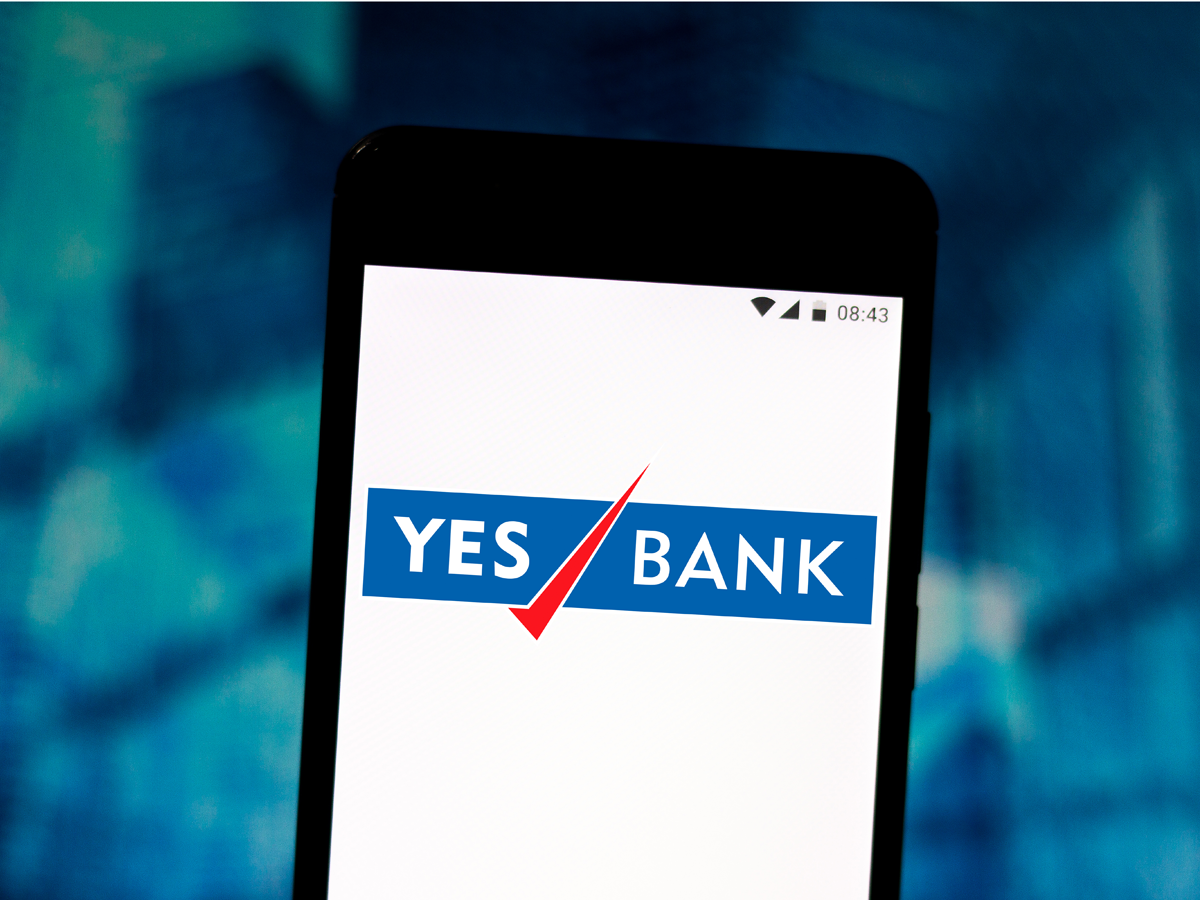INSUBCONTINENT EXCLUSIVE:
By Andy MukherjeeConfidence in the Indian financial system has been breaking down for some time
was the collapse of corporate lender YES Bank Ltd., which failed in slow motion in full view of authorities
Depositors have been assured that their $20 billion-plus in stuck funds will be released after a rescue by the government-controlled State
While that may help prevent widespread panic, even temporarily stopping people from accessing their funds would mean that from now on, not
all savings and current accounts will be treated by individuals and businesses as a perfect substitute for cash
A nuclear option is to nationalize the banks and non-bank finance firms that provide $1.75 trillion in annual funding
Doing so would be a doomed throwback to the late 1960s, when India lurched toward stultifying socialist-style state controls.
Similarly, it
would be unrealistic to assume that the YES Bank embarrassment would trigger an improvement in the status quo
The crony-capital relationships between financiers and borrowers in India are steeped in its colonial history
Blockchain technology, which the Indian establishment is trying to snuff out in finance, offers hope
Before the coronavirus outbreak, China was widely expected to start its own central bank digital currency this year
After the YES Bank debacle and botched rescue, deposits in India will probably gravitate toward four or five large lenders, whose managers
The remaining banks will struggle for liquidity
A perennially unstable credit delivery network will always be one misstep away from the next blowup
While every country has its share of manias, panics and crashes, to be gripped by absolute financial mistrust every few years is not an
environment where growth can flourish
A legal defeat has provided the opportunity to think afresh
cryptocurrency traders and exchanges
But in parallel, the government is considering a blanket ban on private virtual tokens
Crypto activity could get slammed again, says Tanvi Ratna, chief executive of advisory firm Policy 4.0
To be sure, one popular use of the technology is money laundering
But to kill an industry and send practitioners packing would be to lose out on a valuable innovation at a time when India needs to build on
holder to have an account with anyone but has value guaranteed by the Reserve Bank of India could be a starting point
Later, the RBI can open up the validation of transactions to authorized parties on distributed ledgers.
Currently a deposit holder has to
Deposits stop being the same as cash, even if the state guarantees their safety
It would be far less painful if deposit owners only had to trust the RBI, not as a banking regulator but as a money-printing authority that
could never run out of resources to settle its IOUs
Hence, Beijing accelerated its tokenized currency initiative
ordinary folks at the mercy of poorly run and supervised banks like YES, people would rather store their wealth in Silicon Valley-sponsored
If that happens, good luck running an independent monetary policy
(This column does not necessarily reflect the opinion of economictimes.com, Bloomberg LP and its owners)

